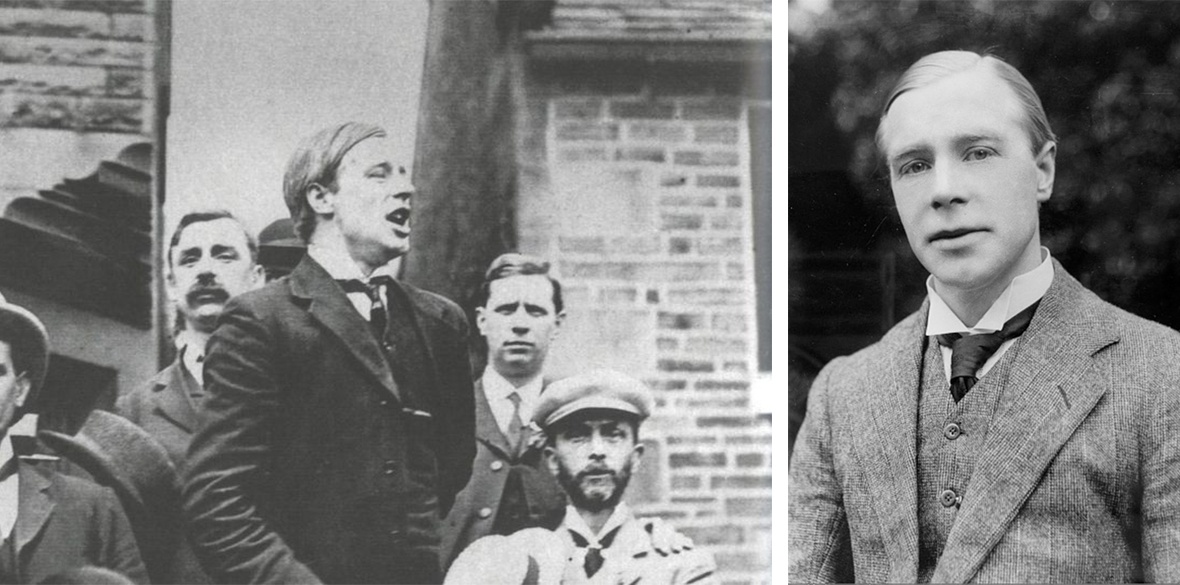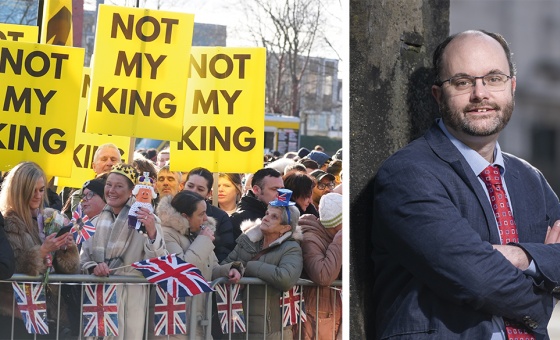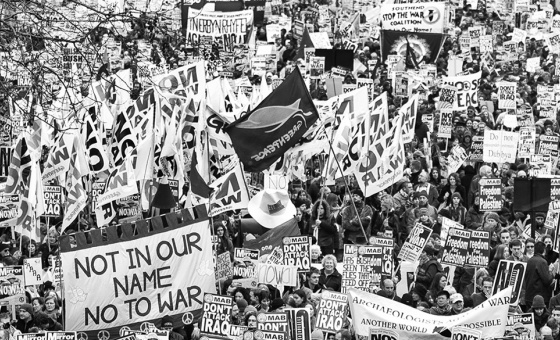This is the last article you can read this month
You can read more article this month
You can read more articles this month
Sorry your limit is up for this month
Reset on:
Please help support the Morning Star by subscribing here
“A FIERY socialist without any principles and given to mere phrases” – Vladimir Lenin on Victor Grayson
Albert Victor Grayson was the greatest working-class hero you’ve probably never heard of.
One hundred years ago, he was escorted from his high-end London apartment, never to be seen again.
Just 13 years before, in 1907, Grayson won a by-election so stunning, that the British Establishment and press feared him as the vanguard of a bloody, socialist revolution.
Grayson was born in Liverpool in 1881, into a Britain divided by class and whose leaders prided themselves on a mighty empire while those who created the wealth in factories, mills, and docks lived in poverty.
He was the third son of a perennially unemployed carpenter who had absconded from the British army and a servant girl whose parents could not afford to keep her.
Grayson was destined for factory life and served a seven-year engineering apprenticeship.
It was in the evenings when wandering around the Liverpool docks and hearing its street-preachers that he discovered a love of public speaking.
Soon enough, he was preaching the Gospel as the salvation of man in his spare time.
But he steadily came to realise that the poor were being played for fools.
While the promise of heaven in the next life applied to all, only the rich were allowed heaven in this one.
The Independent Labour Party and wider socialist movement drew Grayson in.
Despite his growing passion for politics, he accepted the offer of a career in the Unitarian church.
But, after moving to Manchester to study, he ended up building a reputation as a great public speaker and led demonstrations of the unemployed.
As he began to tour the north of England as a socialist speaker, he was expelled from the Unitarian college for neglecting his studies.
Grayson’s religion was socialism and he put forth the case for a new society with such force that his listeners frequently left his meetings with tears of hope in their eyes.
Little wonder then that when a by-election was called in the constituency of Colne Valley in 1907, the local Labour Party wanted Grayson. However, the national party leadership didn’t.
Grayson was a vocal critic of the conservatism of the trade union movement and urged Labour to fight on its own merit when, at the time, they were wedded to an electoral pact with the Liberals.
Despite being a member of the ILP, Grayson had to stand independently as a Labour & Socialist candidate.
His campaign captured the hearts of the constituency and, although many of his male lacked the vote and none of his female supporters had it, he won.
It was, said Grayson, “a victory for pure revolutionary socialism.”
In the 13 years from then until his disappearance, Grayson became one of the most recognisable names and faces in the global socialist movement.
The Americans dubbed him “England’s greatest mob orator” while European socialists debated over whether Grayson was sufficiently grounded in Marxist theory (new research suggests Grayson was well versed in the theory of surplus value and he had distributed extracts of Capital to workers as a student).
In Britain, the press treated him alternately as a buffoon and a bogeyman.
Increasingly, he took solace in alcohol, and lost his parliamentary seat in 1910.
Despite setbacks he formed his own political party, the British Socialist Party (BSP) in 1911 (which in 1920 helped found the Communist Party of Great Britain), which aimed to unite Britain’s fractured socialist movement into a party uninhibited by trade union conservatism and the slow, parliamentary road to socialism.
For a brief moment the BSP looked like it might eclipse the Labour Party, but Grayson was outmanoeuvred and eventually sidelined from his own party by a small gang of old veterans of the left, jealous of his platform abilities and repelled by rumours of his bisexuality.
Grayson faded from view until the outbreak of the Great War. He was a pacifist but, when the German SPD voted for war credits, Grayson was determined that Britain should fight.
It would be, he said, far harder to build socialism under the jackboot of the kaiser.
He was funded by the British government to visit Australia and New Zealand to encourage recruitment.
After a hostile crowd asked him why he didn’t enlist himself, he did just that, and fought with the Anzac forces at Passchendaele, where he was wounded.
After being invalided out of the army, Grayson was recruited for the shadowy national war aims committee which was created to keep the war effort going.
Grayson published articles and pamphlets, and visited Britain’s industrial areas to quell mounting unrest.
He was recapturing the spirit of his old self and talked of a return to Parliament after the war.
But when the armistice came, Grayson abruptly disappeared from public view.
Newly discovered evidence suggests that Grayson was being blackmailed by a senior trade unionist and Labour MP over his sexuality. That may be why a return to politics never happened.
Quite implausibly, in 1942, with Britain’s very existence under threat, a senior member of the British government ordered an investigation into Grayson’s whereabouts.
Scotland Yard officers were dispatched across the country, collecting documents from school reports to personal letters, which were never seen again.
The police then spent decades denying an investigation ever took place.
After a string of FOI requests they now admit an investigation took place, but that all the files and documents relating to Grayson were either given to the National Archives or destroyed.
The National Archives have never received said files and, as Grayson was a public figure and former MP, they should have been retained.
I am sure that somewhere, someone knows what happened to Victor Grayson. I have my own theory, which is guided by evidence old and new.
But in the centenary of his disappearance we should demand, as a movement, that we are allowed to put to rest the ghost of Victor Grayson, Britain’s lost revolutionary.
Harry Taylor is a former Labour councillor who now works as a political director. Co-author of Peter Shore – Labour’s Forgotten Patriot and Victor Grayson: In Search of Britain’s Lost Revolutionary, to be published by Pluto Press in 2021. @harrytgtaylor1, victorgrayson.com.










